Fish Oil is the readily available source of dietary DHA(docosahexaenoic acid) and EPA (eicosapentaenoic acid) in most people's pantry. But what is it? And is it going to improve my overall health? And what about performance?
Supplemented Fish Oil’s Omega-3 fatty acids as useful in providing the unique oils commonly found in fish such as tuna, mackerel and salmon. Since the majority of Australian diets are high in animal (red meat) protein the omega-6 fatty acids among most Australians lipid profile is overrepresented and thus supplementing omega-3 acids (through fish oil) makes basic health logic in terms of balancing this simple equation.
Having a more balanced ratio of omega 3 to 6 fatty acids has been associated with healthier blood vessels, lower lipid counts and reductions in plaque build-up. Other outcomes have also been scientifically noted such as reducing ADHD symptoms in children and lupus symptoms in adults- although less evidence exists in support of these claims.
Multiple studies and peak organisations (National Institutes of Health, Arthritis Australia) state that between 1-2g of combined EPA & DHA is optimal for health outcomes, however it is imperative to note this dosage of EPA & DHA could require the individual to take between 3 and 6 grams of actual fish oil, which could be between 2 and 12 capsules of fish oil per day! Therefore, it is vital that the consumer checks the label before purchasing any fish oil supplement to first ascertain how much EPA & DHA is actually in each and every capsule!
Although it hasn't been clearly shown or backed in the scientific community to directly improve performance within the athletic population, it could be drawn that simply from the potential lowering of blood pressure, improved cholesterol/lipid profile and possible improved mood that, fish oil can indirectly improve body composition and performance (particularly those in high-pressure sports).
At roughly 9 cents per 1000mg (Nutralife Fish Oil 1000mg) fish oil is one of those supplements that may not directly alter performance outcomes quite as drastically as some other nutritional supplements such as creatine; But for its price point, ease of accessibility, nature of being generally well tolerated and vast array of general health benefits, make it a supplement that makes more sense to have included in your diet then to be without, especially if you, like many Australians aren’t consuming fish 2-3 times per week(Heart Foundation)!



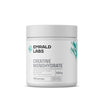
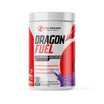
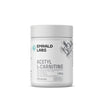

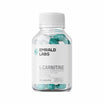
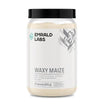
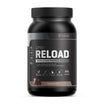
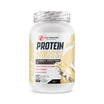
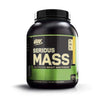
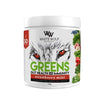
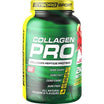
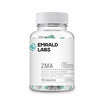
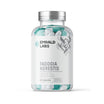
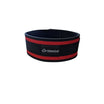




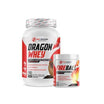



Leave a comment
This site is protected by hCaptcha and the hCaptcha Privacy Policy and Terms of Service apply.